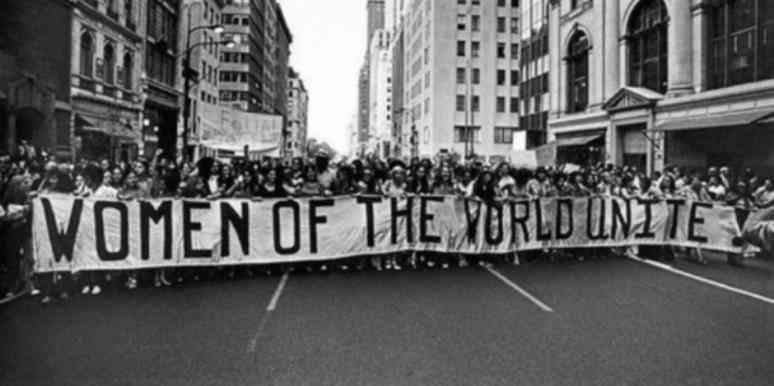Gender and Sexuality

While reading Lucian IV’s 1969 Village Voice Essay Gay Power Comes to Sheridan Square I am struck by his use of the phrase “Gay Power” which is obviously based on the slogan “Black Power.” I suppose this points to an intersectionality of the New Left which incorporated progressive views on culture and race (as well as an appreciation for ruralism) and was critical of the United States (even though it was something of a socialist state under LBJ.) It can be counter-posed to the Old Left, which was focused on class and opposing European imperialism, represented by such stalwarts as Hubert Humphrey’s Vice President Eugene Rostow (an advisor to LBJ and also the brother of Walt Rostow) who was named after the Old Left icon Eugene V. Debbs, who engaged in non-violent disobedience in opposition to World War 1.
Truscott describes poet Allen Ginsberg walking through the Stonewall area two days after the “riot” comparing “todays” gays with the repressed homosexuals of a decade ago. Ginsberg said, “You know, the guys [in] there were so beautiful — they’ve lost that wounded look that fags all had 10 years ago.” In this we see another example of the dichotomy between the Old and New Left where the New Left began to appreciate Zen, Hindu and New Age concepts. On the other hand, the Old Left was strictly secularist and anti-clerical. With regards to gender, we have the case of previously closeted homosexuals becoming quite flamboyant and toying with gender roles by calling themselves “girls” and exuberantly wearing drag. Also, the Old Left was quite drab and conservative culturally in comparison to the New Left, where people sported giant afros, miniskirts and tie-dye while the Old Left wasn’t really fond of the whole drugs and Rock N’ Roll culture.
Reading the “Red Stockings” manifesto I see a belief that women are still an oppressed class. Like the Black Panthers, it seems as though the writers of the Manifesto see the legalization of their liberation as insufficient: even though they already had the defacto the right to vote, the right to own property, the legalization of the pill in the case of women and the end of segregation in the case of African-Americans. It seems as if these are seen as “shallow” on-their-face reforms and not true forms of self-realization. There were more “nuanced” areas where they feel they are not getting what they deserve and the movements in the early part of the 20th Century failed to address the structural sexism and racism built into society, language and power relationships. These include “micro-agressions” revealing submerged, camouflaged subtle racism or power inequities which reveal an underlying “rape culture” for male chauvinism. Both the “Black Power” and “Women’s Liberation” Movements have appropriated Marxism and see racism and sexism as part of a “system” like Capitalism where blacks and women are an oppressed class. And they see the only solution as class struggle and collectivization of that struggle.